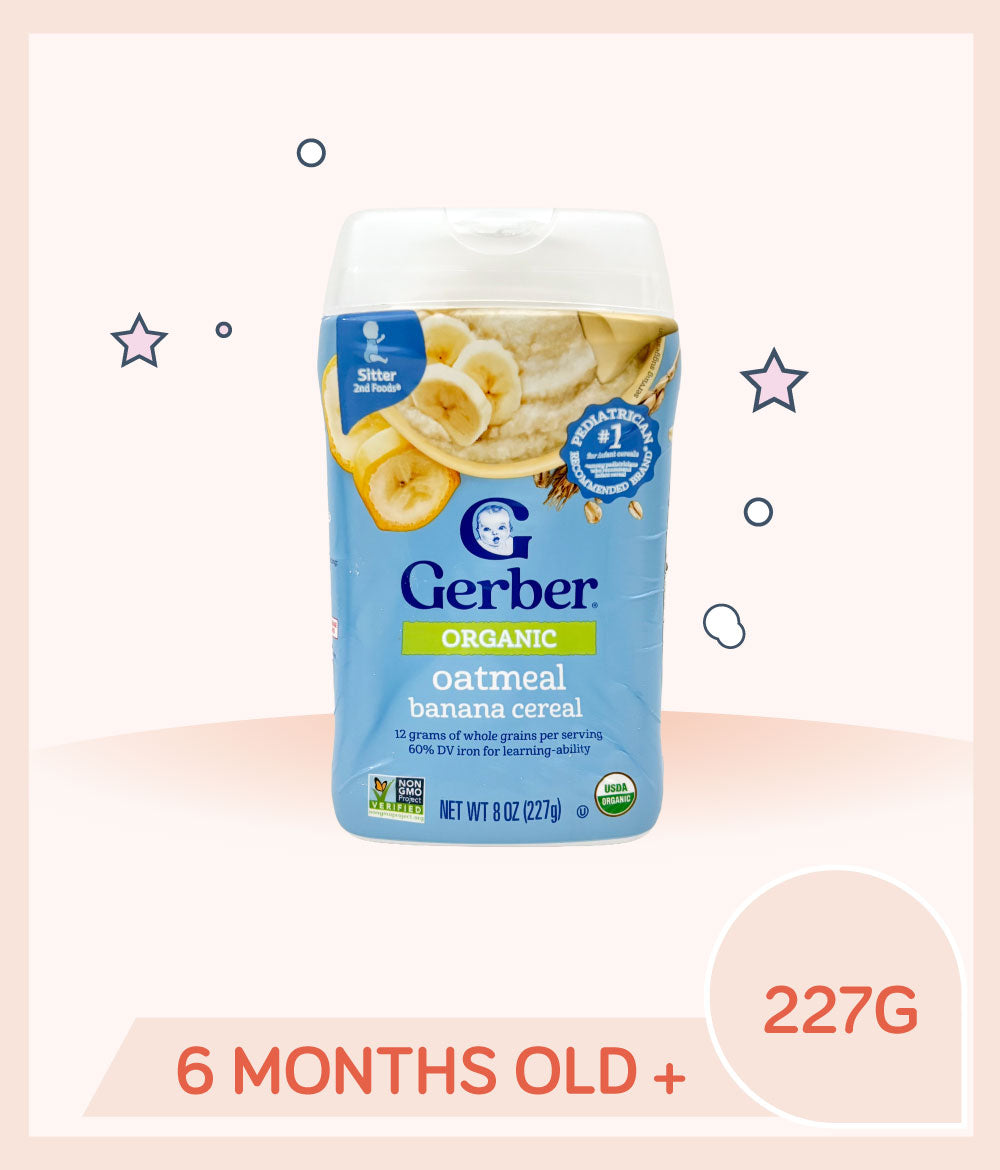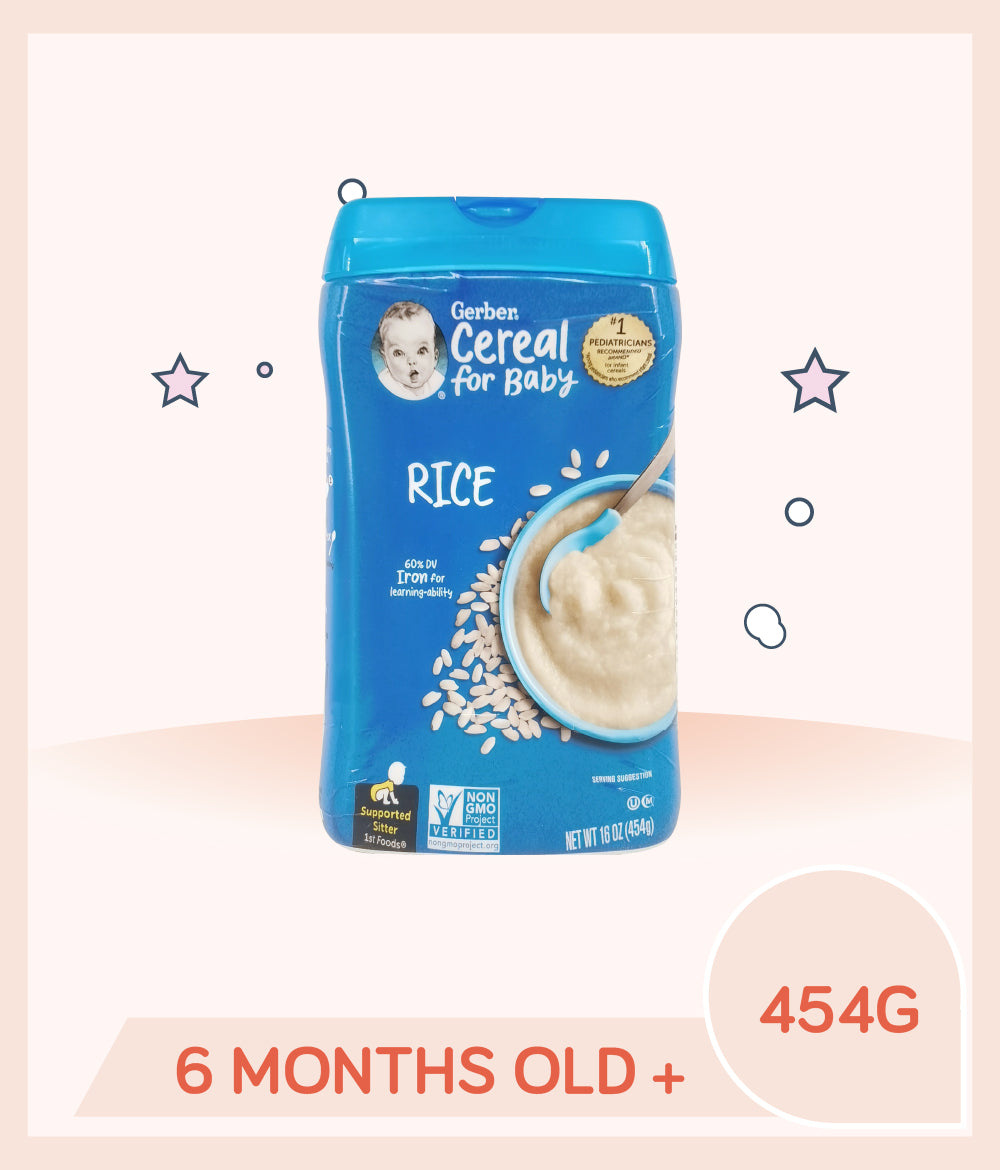Foods to Avoid during Baby-Led Weaning
Introducing your baby to solid foods is an exciting milestone, and many parents are opting for a baby-led weaning approach. This method encourages babies to feed themselves from the start, exploring a variety of foods at their own pace. While this approach is generally safe and beneficial, there are some foods that should be avoided to ensure your baby's safety and well-being. In this article, we'll explore the top foods to avoid during baby-led weaning, helping you navigate this exciting stage of your baby's development with confidence.
Wanting to know more about Baby-Led Weaning? Read more on the Types of Food for a Successful Baby-Led Weaning and the Guide to Weaning.

Honey
Avoiding honey is a critical aspect of baby-led weaning due to the risk of infant botulism, a rare but serious illness caused by a toxin produced by the bacterium Clostridium botulinum. This bacterium can be found in honey, even if it's pasteurized, and can cause severe symptoms in infants under one year old, whose digestive systems are not yet fully developed to handle it.
Infant botulism can lead to muscle weakness, difficulty in feeding, constipation, and in severe cases, breathing difficulties and paralysis. Therefore, it's crucial to avoid giving honey to infants under one year old, including in cooked or baked goods. The spores that cause botulism are heat-resistant and can survive in these products. Overall, while honey is a natural and healthy food for older children and adults, it should be avoided during baby-led weaning to protect infants from the risk of botulism.

Whole Nuts
Including peanuts and tree nuts pose a choking hazard for babies and young children. Their small size and hard texture make it difficult for babies to chew thoroughly, increasing the risk of choking. Instead of whole nuts, it's safer to offer nut butters or finely ground nuts to babies. Nut butter should be spread thinly on toast or mixed into other foods to reduce the risk of choking. By avoiding whole nuts and taking precautions with nut products, you can ensure a safe and enjoyable baby-led weaning experience for your little one.
Raw Vegetables
Common examples such as whole carrots or celery sticks, can be challenging for young children to chew and may pose a choking risk. Cook them until they are soft enough to be easily mashed with a fork. Instead of raw vegetables, consider offering cooked vegetables that are soft and easy for your baby to chew, such as steamed carrots, squash, or sweet potatoes. These cooked vegetables are safer and more digestible for your baby during the early stages of weaning.
Large Chunks of Meat
Babies who are just starting out with solid foods may not have developed the ability to chew and swallow large pieces of meat effectively, which can increase the risk of choking. Secondly, large chunks of meat can be tough and difficult for babies to break down, which may result in them getting frustrated or losing interest in eating. Instead of large chunks of meat, it's recommended to offer small, manageable pieces that are easy for babies to pick up and eat. This can include finely shredded or minced meat, or soft, cooked meats that can be easily mashed with a fork. You can also incorporate meats into other foods, such as mixing shredded chicken into mashed sweet potatoes or adding finely diced meat to a vegetable puree.

Popcorn
Popcorn kernels are hard and can easily get stuck in a baby's throat, leading to choking and suffocation. Furthermore, popcorn is often seasoned with salt, butter, or other flavourings that may not be suitable for babies. These additives can be high in sodium and unhealthy fats, which are not recommended for infants. It's best to wait until your baby is older and has more developed chewing and swallowing skills before introducing popcorn. In the meantime, you can offer safer alternatives such as pieces of soft fruits, steamed vegetables, or well-cooked grains.

Hard or Sticky Candy
Candy, including hard candies and sticky sweets like gummies, should be avoided due to the risk of choking and potential dental issues. Instead of hard or sticky candies, consider offering healthier alternatives such as soft fruits (like ripe bananas or steamed apples), cooked vegetables (like carrots or sweet potatoes), or other age-appropriate finger foods that are easy for your baby to handle and chew.
While baby-led weaning can be an exciting and beneficial journey for both parent and child, it's crucial to be mindful of the foods that are not suitable for this approach. Avoiding foods that pose choking hazards, such as large chucks of meats, popcorn, and hard candies, is essential to ensure a safe and enjoyable experience for your baby. By staying informed and making thoughtful choices, you can help your little one explore a variety of nutritious foods safely and develop healthy eating habits for life.
















Leave a Reply